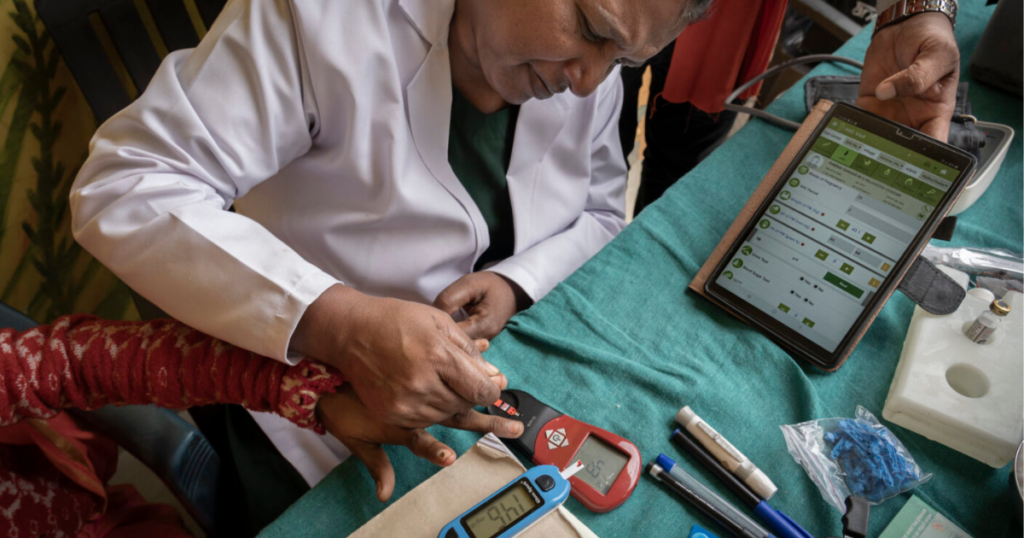The World Health Organization (WHO) recognises the need for integrating mental health into primary healthcare. Community-based models, focusing on active community engagement have proven effective for delivering comprehensive care, and bridging care and access gaps in the service delivery mechanism.
The implementation of such models, however, is impeded by three primary barriers. These are the demand for mental health services at the individual and community levels, evidence generation to demonstrate the success of initiatives, and resource and infrastructural constraints in service delivery. This perspective analyses forty-one community-based mental health programmes, identifying the best practices that have addressed barriers to implementation and enabled impact outcomes.
Across these programmes, there are a shared set of seven fundamental principles that have enabled them to successfully integrate mental healthcare within primary healthcare. These are:
- Community involvement and ownership
- Building community trust and acceptance
- Financial sustainability and affordability of services
- Monetary incentives for community workers and to support patients
- Adoption of technology
- Enabling task sharing through capacity building of a non-specialist cadre of human resources
- Integration with existing Indian government systems
Each of these principles, in turn, enables multiple outcomes for these programmes including the ability to scale, ease of replication, financial and programme sustainability, and societal acceptance. These best practices can guide the development of comprehensive and inclusive mental health solutions across the continuum of care in India.
Authors: Yashasvi Murali, Disha Kouli with support from Karthika Kumar.
Technical review: Lakshmi Sethuraman




